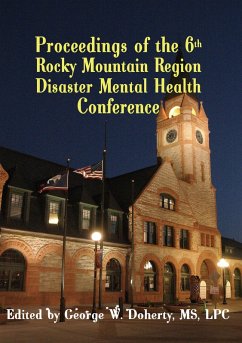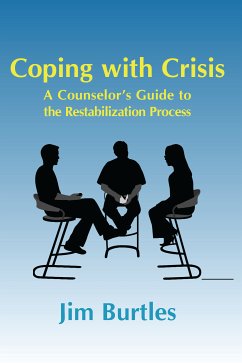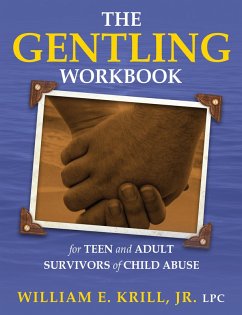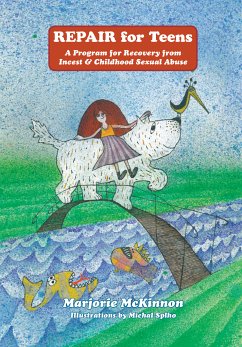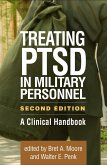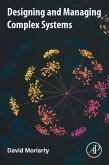What can we expect from all of these? How do communities and first responders handle these? What role does mental health play? How do first responders and mental health professionals plan together for responding to future events and learning from past ones. Using a strategic planning approach, how do we identity potential threats and identify target populations and groups? What resources are available for which identified threats? How do we do such planning, how often, and how do we exercise such plans prior to events? What can we learn from such events and how do we incorporate what we learn into future planning?
It is crucial that response, resilience, recovery and follow-up be included in our planning. Additional variables important in responding include cultural knowledge and sensitivity. We need to prepare to respond appropriately within a culture not our own, whether locally, nationally, or internationally.
November 8-10, 2007, the Rocky Mountain Region Disaster Mental Health Institute held their Annual Disaster Mental Health Conference in Cheyenne, Wyoming. The theme of this conference was: From Crisis To Recovery: Resilience and Strategic Planning for the Future.
RM DMH Institute Press
"Learning from the past and planning for the future"
Dieser Download kann aus rechtlichen Gründen nur mit Rechnungsadresse in A, B, BG, CY, CZ, D, DK, EW, E, FIN, F, GR, H, IRL, I, LT, L, LR, M, NL, PL, P, R, S, SLO, SK ausgeliefert werden.

